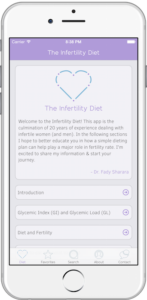The relationship between alcohol and IVF
In a February, 2003 study published in Fertility and Sterility, researchers evaluated alcohol consumption in 221 couples undergoing IVF or GIFT between 1993 and 1997. A prior report showed that 25% of women and 55% of men drank before an IVF cycle. In this study, the % of drinkers ranged from 20-40% for women, and 40-60% for men among the different centers taking care in the study. The results show that female alcohol consumption (as little as one additional glass of wine daily) results in a 13% decrease in the number of eggs aspirated at retrieval even up to one year before the IVF cycle. There was also a 2.86 x increase in the risk of not achieving a pregnancy if women had more than one drink 1 month before the IVF cycle, and a 2.2 x higher risk of miscarriage if women were drinking one week before the egg retrieval. Previous studies in mice showed that exposure to alcohol affected the meiotic spindle in the egg resulting in chromosomal segregation errors, which leads to aneuploid eggs (having more than one set of a particular chromosome).
This also is true if men were drinking: one additional drink per day increased the risk of not achieving a live birth (mainly secondary to increased miscarriages) by 2.28 to 8.32 x depending on how close men drank before the IVF cycle (the closer to the cycle the higher the chances of a miscarriage). Previous studies in mice showed that alcohol resulted in higher miscarriage rates.
It seems from this new data that the month and week before the attempt may be critical times, and therefore in an attempt to optimize your chances at getting pregnant, ANY drinking should be avoided AT LEAST one month before an IVF cycle.
The latest study to show a negative effect of alcohol on IVF success was published in the January 2011 issue of the journal Obstetrics and Gynecology. A team from Harvard showed in a study of over 4700 cycles that the live birth rate drops by 16% if the woman has 4 or more drinks/week, and drops 21% if both couple has 4 drinks or more per week.
Contact us to learn more about IVF and fertility treatments.


